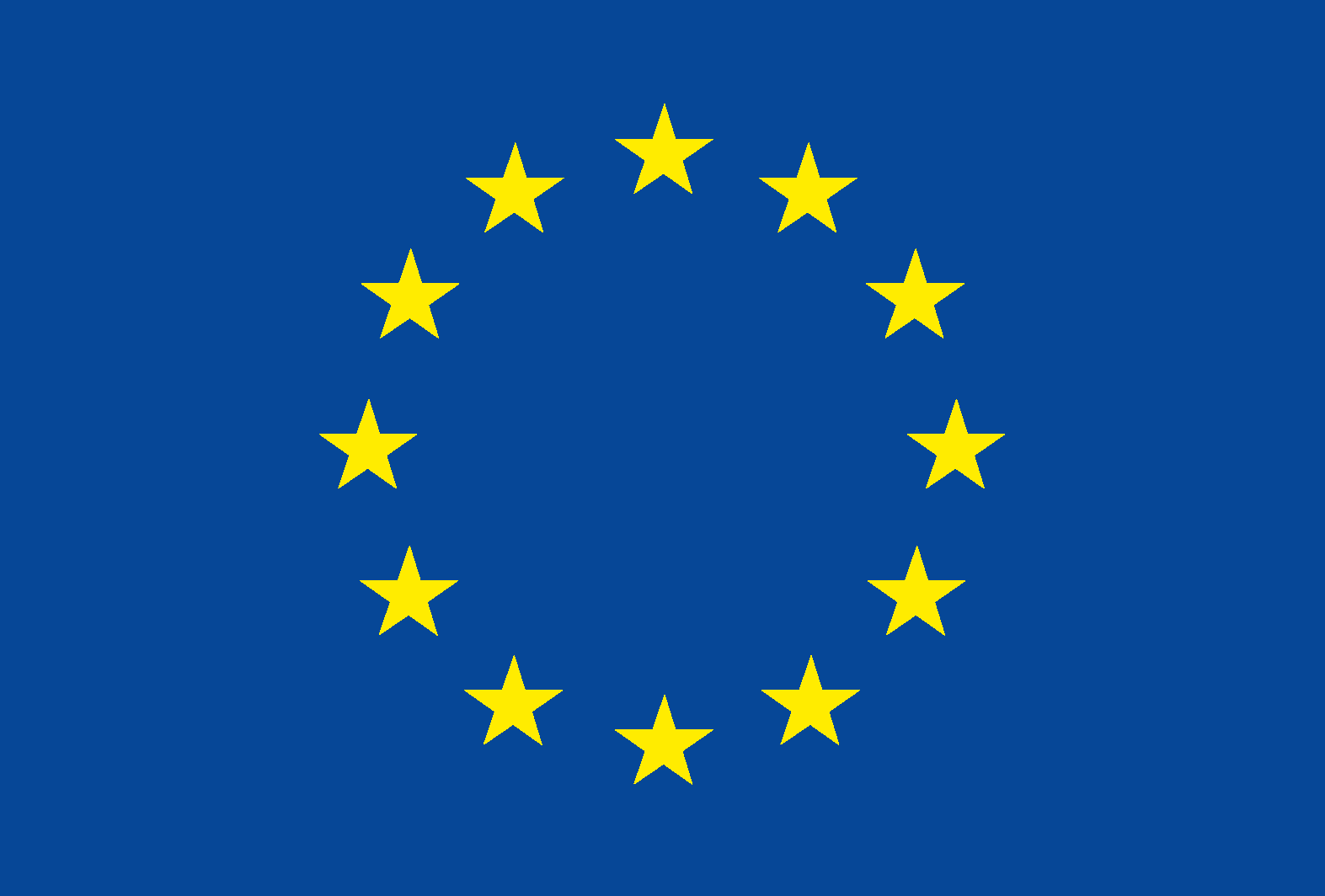By Margarita León and Zyab Ibáñez , The Autonomous University of Barcelona (UAB), Spain
The EUROSHIP project puts into focus the challenges and responses individuals encounter in rapidly changing institutional contexts. This includes the opportunities and problems arising from the digital transformation in the realm of work and social life. One important goal of our project is to understand the extent to which social protection systems in Europe protect precarious workers, including workers in the gig economy. The new conditions imposed by Covid-19 emergency gives us an excellent opportunity to understand firstly how the organization of flexible working impacts differently on different categories of workers and secondly to what extent the extraordinary measures put in place at country level are capable of protecting the most vulnerable workers in society.
One of the main economic impacts of Covid-19 is the growth of unemployment, especially among precarious workers in sectors heavily affected by lockdown measures (tourism, hospitality, transport, retail and construction). In all countries these employees have a weak access to social protection and employment rights. Recent ILO briefs estimate much larger effects of Covid-19 crisis in terms of unemployment and working poverty than in the previous economic crisis. The pandemic has brought to the surface the gap that exists between highly qualified employment easily adaptable to digital work and low qualified yet essential employment that cannot be converted into distance jobs. Precarious employment is well overrepresented among those who cannot work from home, mostly in non-standard low-wage and low-skilled positions: cleaners, care workers, delivery drivers, supermarket and retail workers, and those on factory lines producing essential items. Many of these are gig workers, often linked to digital platforms with extremely fragile working conditions in terms of income, type of contract and access to employment-insurance benefits or sick leave. In their case, it is also unclear to what extent they may be able to benefit at all from the emergency packages and measures introduced at country level to fight against the pandemic. However, the essential nature of these jobs, and the visibility of their essential nature, has been one of the main lessons learned in this crisis. If these are necessary activities for the functioning and survival of our societies, how can they be so undervalued? As part of the EUROSHIP project we will attempt to identify elements that could crystallize into long-term permanent features of new post- Covid-19 labour market and welfare systems that might offer a window of opportunity for improving the working conditions and employment prospects of this important yet vulnerable segment of the labour force.

